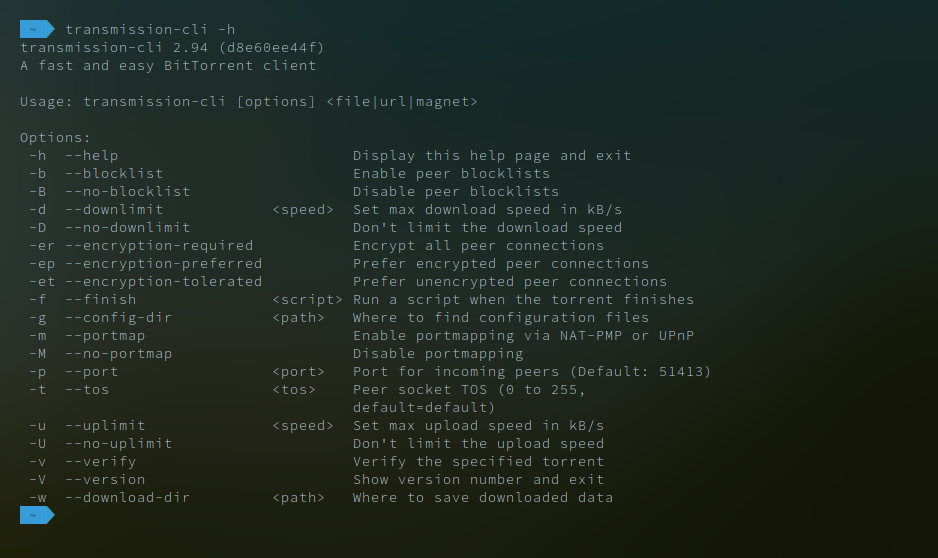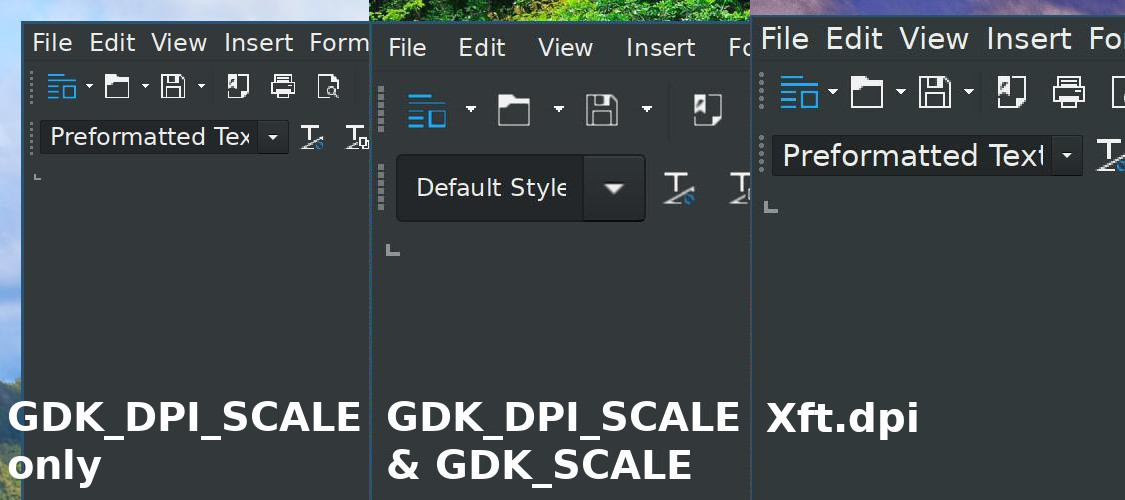I know I’m over a week late, but I was away. There appear to have recently been some protests in Iran. I first found out when I turned on FoxNews on the airplane but apparently some people first found out on Twitter. As it turns out, people in Iran were tweeting about the protests and violence while CNN/MSNBC/FoxNews/etc were all showing reruns. And, of course, when I listened to last week’s This Week In Tech, they were all a-twitter (see what I did there?) about the future of social media and citizen journalism.
Citizen journalism is the idea that regular people will bypass the news outlets and report on breaking stories themselves using social media (blogs/Twitter/YouTube/etc). Now, this isn’t a new topic for the TWiTs. There are plenty of journalists and former journalists and media experts on the show and others like it. And all of them are all excited about the idea (though upset at the prospect of losing great investigative journalism). They say the conventional news outlets will be replaced by aggregators who are skilled in finding the best citizen journalism. And many people will just go straight to the source, reading eyewitness accounts on Twitter (or whatever replaces Twitter). People apparently want news in real time and don’t want to wait for newspapers or even TV.
And they’re probably right about some of it. I understand the appeal of live, breaking news. It’s much more exciting to be watching live video of riots or a hostage situation than to read about it in the paper the next day. Of course, the paper will probably have better information, but do people really care about that? I doubt it. The 24-hour news channels attract many people who wouldn’t have the patience to regularly read dailies and weeklies. It’s about connection with the events. Live footage is more emotionally compelling than next-day analysis. I think Twitter will have a hard time competing with video news, but combined with YouTube and USTREAM citizen journalism can probably better provide that connection.
It is cool that nowadays people have immediate access to all sorts of eyewitness accounts, but I worry about the affect that it would have on the reliability of information. Theoretically, in the case of professional journalism there is integrity and accountability (though that goes out the window when you want to scoop the other stations). But what do you have on Twitter? The TWiTs were very impressed about how they knew that the police were beating people in the streets before CNN did, but how can they be sure? I remember when they arrested the 18 alleged (not-so-alleged right now, I think) terrorists in Mississauga a few years ago. I went to my shift at the student council office the day after and it was full of people discussing it. One in particular was telling about how the RCMP busted into one family’s house, threw a baby on the floor, and threatened to shoot it unless the mother told them where her son was. Of course, I found this story completely unbelievable and no doubt most professional news outlets would too. But everybody else in the room seemed to be buying it (they were the type to believe such a thing). Twitter didn’t exist then but if it had I can imagine that story would sweep across Twitter like wildfire. There is absolutely no way to know if an “eyewitness account” on Twitter is true. Twitter only works if people can refrain from forming opinions immediately. Yet there is this mentality of rejecting the conventional news as biased and blindly accepting alternative sources. That can’t work. We badly need day- and week-after reporting and we badly need that people have the patience to read it.


Recent Comments